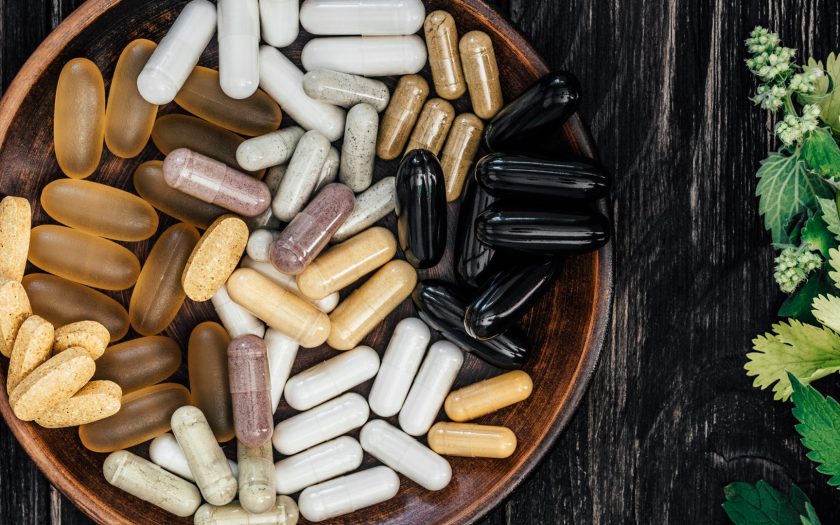The autumn-summer period is a great time to replenish the body with vitamins that ensure good health and functioning of the body. If you don’t miss this opportunity, you can save time and money in winter. If you haven’t prepared for winter this year, you need to buy multivitamins. There are special medicines for men’s health (such as Menevit) and for women’s health. It is especially important to take vitamins for women who plan to become pregnant in the near future or are already pregnant, for example, Elevit.
Important crystals
Vitamin B6 (pyridoxine): B6 components ensure the correct functioning of more than fifty enzyme processes (for example, the exchange of amino acids and carbohydrates).
The consequence of hypovitaminosis (insufficient concentration) of vitamin B6:
- Development of pathologies of the nervous system (neuritis, polyneuritis, peripheral neuritis).
- Depression, hypersensitivity, irritability, anxiety.
- Violation of circadian rhythms (including daytime sleepiness).
- Decreased muscle tone.
- Behavioral disorders (low work capacity and efficiency).
- Skin diseases (cheilosis, cheilitis, seborrheic dermatitis).
- Damage to the mucous membranes of the oral cavity (glossitis, stomatitis), eyes (conjunctivitis) and stomach (gastritis).
- Pathological changes in the functioning of the gastrointestinal tract and general metabolism (obesity, anorexia).
- Changes in blood composition in children (microcytic anemia).
- Weakening of immunity.
Factors that reduce the concentration of B6:
- Excessive consumption of alcoholic beverages.
- Some medicines (penicillamine, hydralazine, etc.).
- Hormonal contraceptives.
Foods that are rich in B6: whole-grain bakery products and unprocessed cereals, legumes (beans, peas, soybeans, beans), liver, fresh vegetables and fruits.
Every day, an adult’s body should receive 0.7 mg of vitamin B6, and a child’s – 0.4-2 mg. Absorption processes in the small intestine are almost independent of age changes. In certain periods of life (pregnancy, lactation, breastfeeding), with chronic disorders of the stomach (chronic gastritis) or cardiovascular system, during chemotherapy and radiation therapy, the body’s need for this vitamin increases significantly.
A cheerful element
Vitamin C (ascorbic acid): takes an active part in regeneration processes (restoration of damaged tissues or organs), supports stable immunological and hematological (blood formation processes) health, increases the body’s stress resistance.
An overdose of vitamin C can inhibit the production of insulin or cause the development of hypertension.
Consequences of insufficient concentration of vitamin C:
- Emotional disorders (depression, irritability, anxiety, bad mood).
- Behavioral deviations (low performance).
- Suppression of synthetic protein processes of collagen production, which leads to the destruction of the vascular structure.

